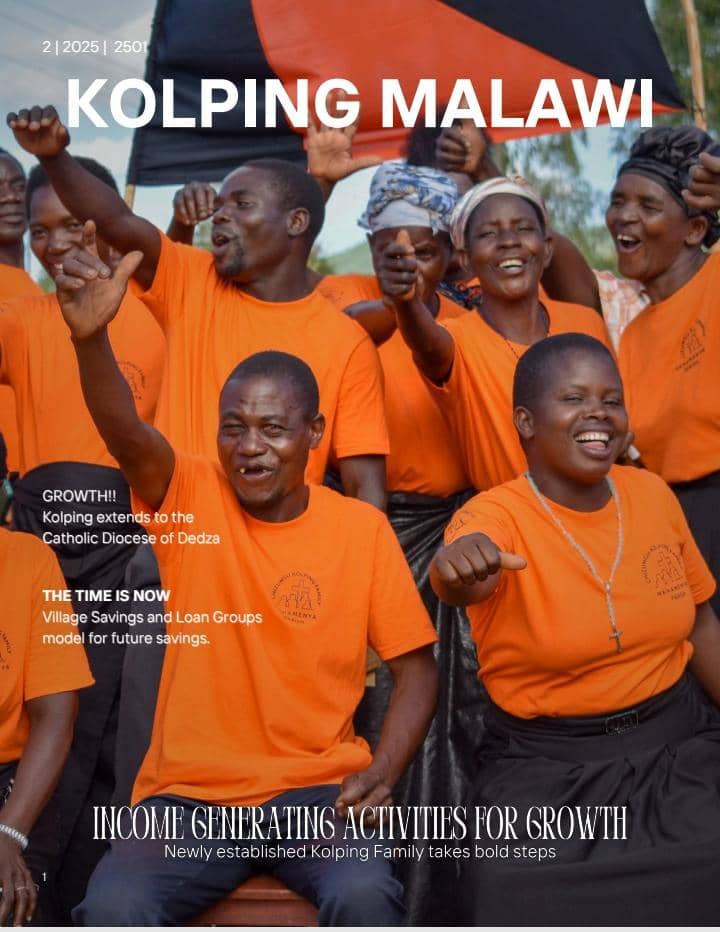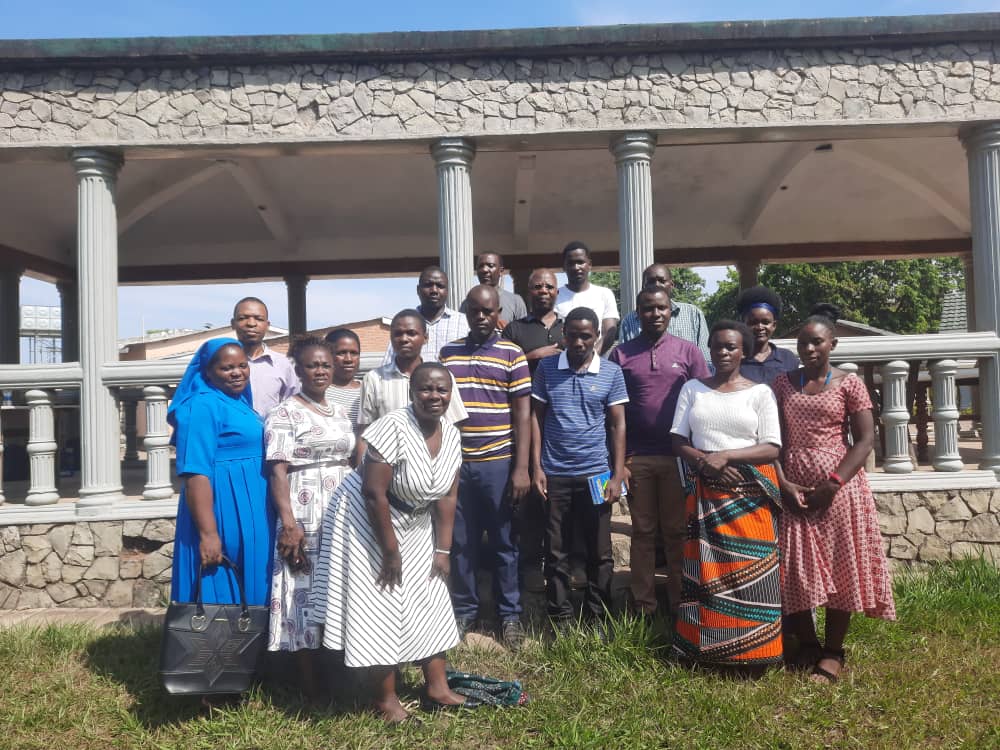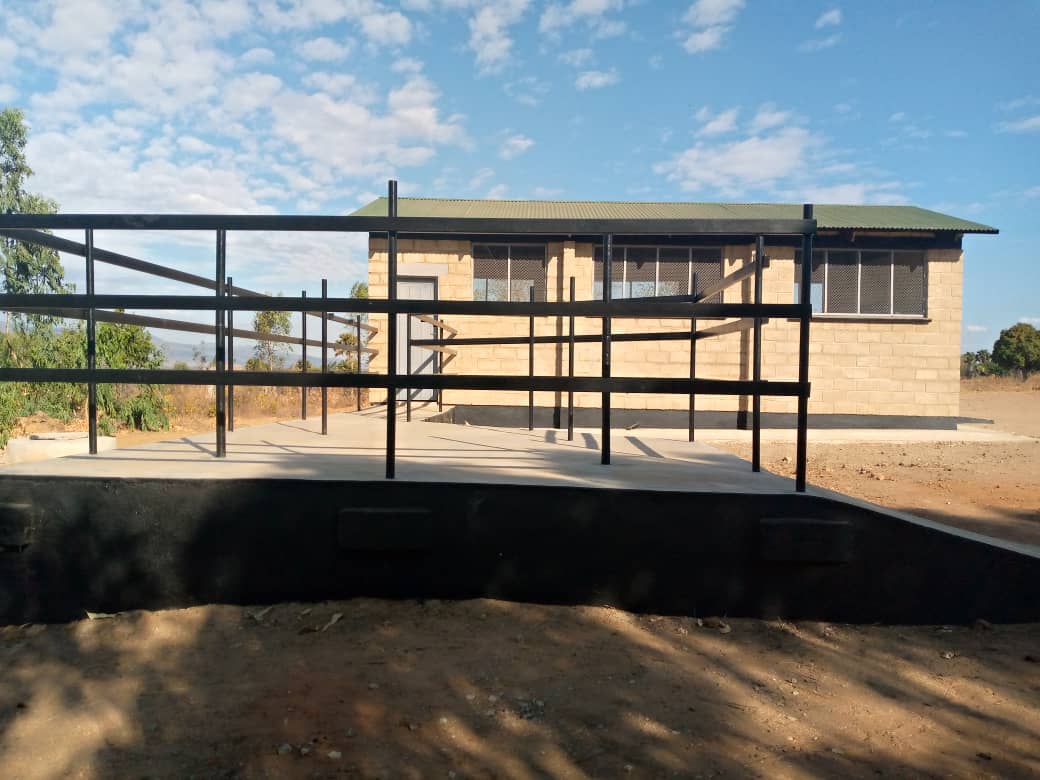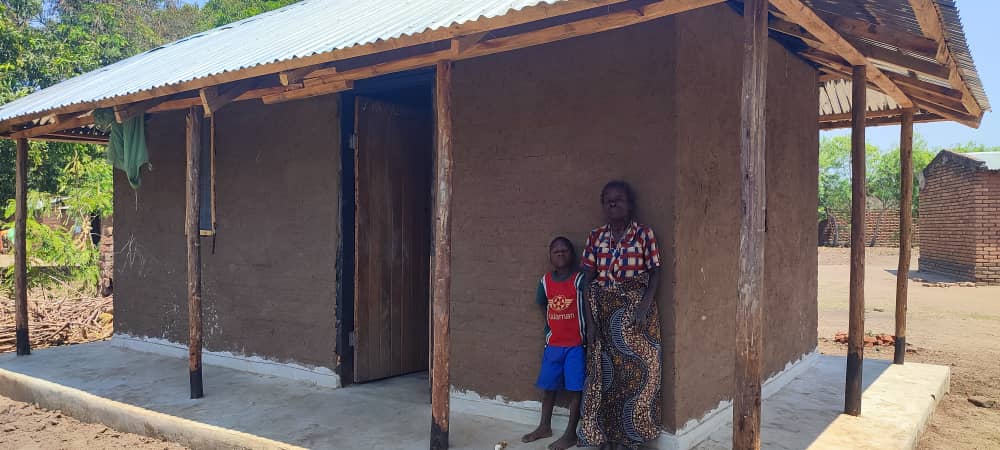KOLPING SOCIETY OF MALAWI NEWSLETTER
Kolping Society of Malawi has released a newsletter which highlights some of the milestones achieved so far. You can download the views letter via the following link: KOLPING SOCIETY OF MALAWI NEWS 2025Download
Read MoreKARONGA DIOCESE DONATES MEDICAL EQUIPMENT AND SUPPLIES TO KARONGA DISTRICT HOSPITAL
In an effort to assist in healthcare services delivery in Karonga, the Karonga Diocese on 5th April 2024 made a donation of hospital beds, mattresses, syringes and face shields to Karonga District Hospital (KDH). The Health Desk Officer (HDO), Mr....
Read MoreA New Deacon and a New Priest: An Early New Year Gift to the Diocese Of Karonga
By Moses Raymond Kamanga On Saturday, 30th of December, 2023 all roads led to St. Michaels Parish Chitipa for the ordination of Seminarian Raphael Simwera to Diaconate and Deacon Godwin Mwafongo to Priesthood. A multitude of Christians from Karonga, Misuku,...
Read More150 Dry Spell Survivors Receive Maize Donation
By Tawonga Chisale - TFM About 150 dry spell survivors from Karonga South particularly of Lemero area have received relief maize donation from the Catholic Diocese of Karonga. According to the Bishop’s and Pastoral Secretary of the Diocese, Father Robert...
Read MoreKaronga Diocese Dares Politicians
By Winkly Mwaulambo - TFM The Catholic Diocese of Karonga has asked Christians not to be hand clappers of unrealistic political leaders who only show up when they need votes and varnish when people are in need. Father Robert Songa...
Read MoreKARONGA DIOCESE ORIENTS BOARDING MASTERS AND MISTRESSES ON SAFEGUARDING POLICY
By Wantwa Mwakasungula As a way of creating a safer and conducive learning environment in Catholic schools under the Diocese of Karonga, Safeguarding Office of the Diocese has today oriented Boarding Masters and Mistresses on Safeguarding Policy with the aim...
Read MoreConcerns over Newly Constructed Chitipa Slaughterhouse
By Wezzie Mwangonde* Chitipa District Council is one of the councils that have received funding for development projects under the Governance to Enable Service Delivery (GESD) in the 2022/2023 financial year, one of which is the newly constructed slaughterhouse. This...
Read MoreMiracle Technical Institute Holds 20th Graduation Ceremony
By Ella Chirwa The Deputy Director of Technical Vocational Education Training under the ministry of labour, Chifundo Lodzeni has applauded the management of Miracle Technical College for joining hands with government in attaining enabler number 5 in Malawi 2063. Entrance...
Read MoreCCJP New Project to Strengthen Women’s Voice in Reducing Poverty and Inequalities
By Tawonga Chisale Catholic Commission for Justice and Peace (CCJP) under the Diocese of Karonga has launched a new project which is aimed at empowering women to reduce poverty and inequalities in extractive governance in the district. A cross-section of...
Read MoreKaronga District Council Commends Development Desk’s Disaster Preparedness Project
By Ellah Chirwa Karonga District Council has commended the Development Desk (also known as CADECOM) of the Diocese of Karonga for training communities, living in disaster prone areas of Traditional Authorities Mwkaboko, Mwirangombe and Wasambo, in disaster preparedness. New lease...
Read More



